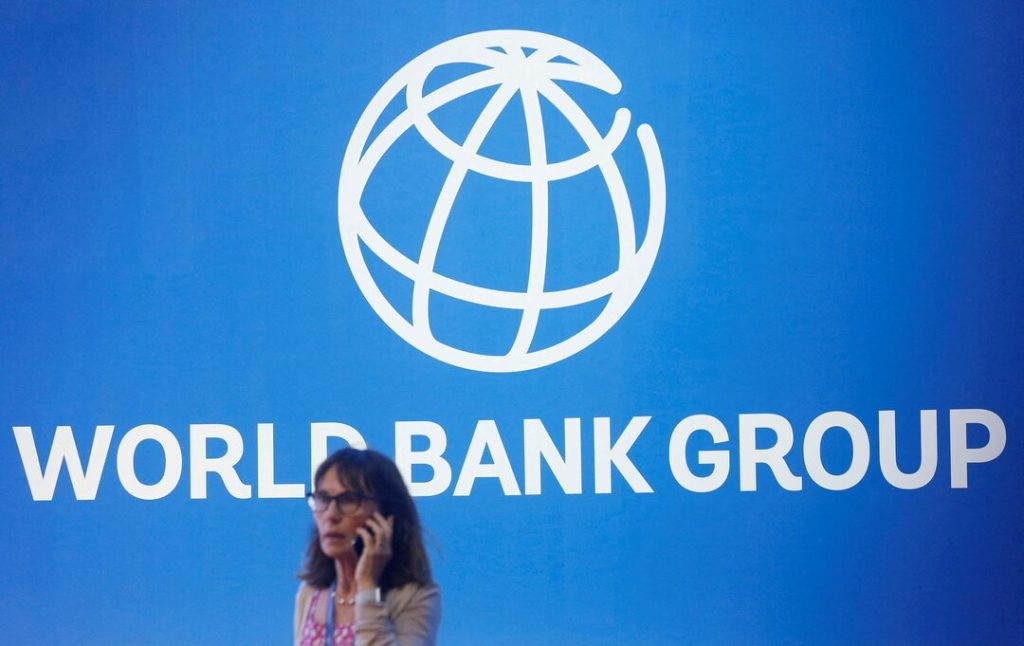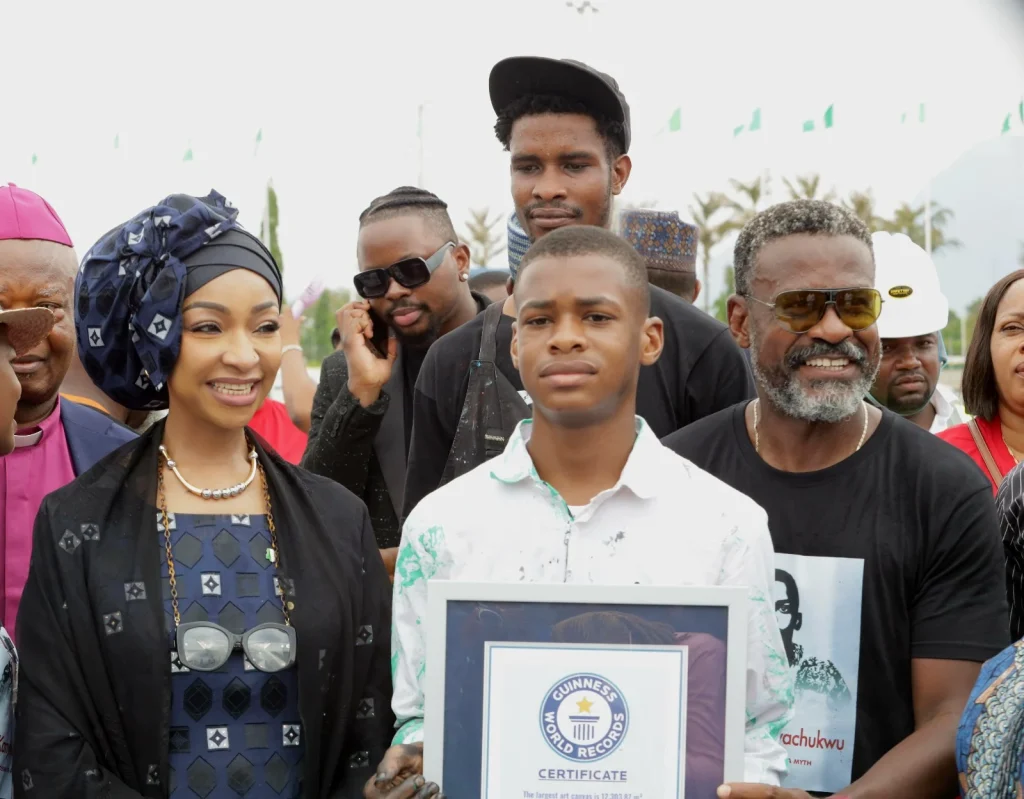In a shocking and tragic incident, the Bauchi State Police Command has arrested a 50-year-old businessman, Nuru Isah, for allegedly flogging his 24-year-old wife, Wasila Abdulahi, to death. The incident, which occurred on Saturday night in the Fadamam Mada area of Bauchi State, stemmed from a heated argument over the ingredients and fruits designated for breaking the Ramadan fast. The case has sparked outrage and drawn attention to issues of domestic violence and gender-based abuse in the region.
The Tragic Incident
According to a statement released by the Bauchi State Police Public Relations Officer, Ahmed Wakil, the altercation began as a misunderstanding between Nuru Isah and his second wife, Wasila Abdulahi. The dispute reportedly escalated into a violent confrontation, during which Isah allegedly flogged Wasila until she collapsed. She was rushed to a hospital but was pronounced dead upon arrival.
Wakil stated, “This unfortunate event arose from a misunderstanding between one Alhaji Nuru Isah, aged 50, a businessman at Central Market Bauchi, and his second wife, Wasila Abdullahi, aged 24, concerning handling food ingredients and fruits designated for breaking the Ramadan fast, which escalated into a violent confrontation.”
The incident has left the community in shock, with many condemning the act and calling for justice for the deceased. Domestic violence remains a pervasive issue in many parts of Nigeria, and this case highlights the urgent need for increased awareness and intervention to protect vulnerable individuals, particularly women.
Police Investigation and Arrest
Following the incident, the Bauchi State Police Command swiftly arrested Nuru Isah. He is currently in police custody and is expected to face charges related to the death of his wife. The police have assured the public that a thorough investigation will be conducted to ensure justice is served.
Ahmed Wakil emphasized the commitment of the police to addressing cases of domestic violence and ensuring the safety of all citizens. “We will not tolerate any form of violence, especially against women and children. This case will be thoroughly investigated, and the suspect will be prosecuted according to the law,” he said.
Community Outrage and Calls for Justice
The tragic death of Wasila Abdulahi has sparked outrage among residents of Bauchi State and beyond. Many have taken to social media to express their grief and demand justice for the young woman. Advocacy groups and human rights organizations have also weighed in, calling for stricter enforcement of laws against domestic violence and increased support for victims.
A local women’s rights activist, Hajiya Fatima Usman, described the incident as a “heartbreaking reminder of the dangers women face in their own homes.” She urged the government and law enforcement agencies to take stronger action to protect women from abuse and ensure that perpetrators are held accountable.
The Broader Issue of Domestic Violence in Nigeria
The case of Wasila Abdulahi is not an isolated incident. Domestic violence remains a significant problem in Nigeria, with many cases going unreported due to cultural stigmas, fear of retaliation, and lack of access to support services. According to a 2021 report by the National Bureau of Statistics, 30% of Nigerian women aged 15–49 have experienced physical violence, while 15% have experienced sexual violence.
Despite the existence of laws such as the Violence Against Persons Prohibition (VAPP) Act, which criminalizes various forms of gender-based violence, enforcement remains weak in many parts of the country. Advocacy groups have called for increased awareness campaigns, better access to support services, and stronger legal frameworks to address the issue.
Ramadan and the Importance of Peace
The timing of the incident, during the holy month of Ramadan, has added to the sense of tragedy. Ramadan is a time of reflection, prayer, and compassion, and the violent nature of the dispute stands in stark contrast to the values of the season. Religious leaders in Bauchi have condemned the act and called for peace and tolerance within families.
Imam Abdullahi Musa, a prominent Islamic scholar in Bauchi, urged Muslims to embrace the teachings of Islam, which emphasize kindness, patience, and respect for others. “Ramadan is a time to strengthen our faith and our relationships with others. Violence has no place in Islam, and we must all strive to resolve conflicts peacefully,” he said.
Moving Forward: A Call for Action
The death of Wasila Abdulahi serves as a grim reminder of the urgent need to address domestic violence in Nigeria. To prevent such tragedies in the future, stakeholders must work together to implement the following measures:
- Strengthening Legal Frameworks: Ensure the effective implementation of laws such as the VAPP Act and provide adequate resources for enforcement.
- Awareness Campaigns: Launch nationwide campaigns to educate the public about the dangers of domestic violence and the importance of reporting abuse.
- Support Services: Establish more shelters, hotlines, and counseling services for victims of domestic violence.
- Community Engagement: Work with religious and community leaders to promote gender equality and discourage harmful cultural practices.
- Empowerment Programs: Provide economic and educational opportunities for women to reduce their vulnerability to abuse.
Conclusion: Justice for Wasila
As the investigation into Wasila Abdulahi’s death continues, the case has reignited conversations about domestic violence and the need for systemic change in Nigeria. Her tragic death must not be in vain; it should serve as a catalyst for action to protect women and ensure that no one else suffers a similar fate.
The Bauchi State Police Command has assured the public that justice will be served, and advocacy groups are calling for a thorough and transparent legal process. In the meantime, the memory of Wasila Abdulahi will remain a poignant reminder of the work that still needs to be done to create a safer and more equitable society for all.













